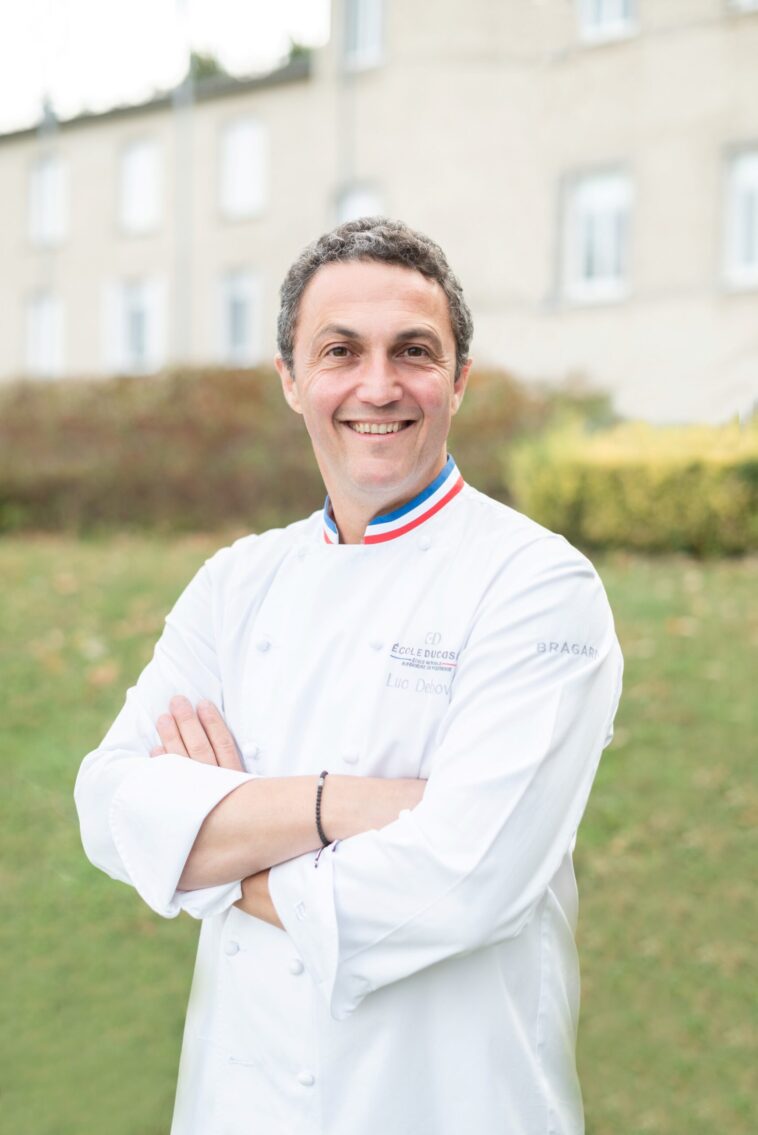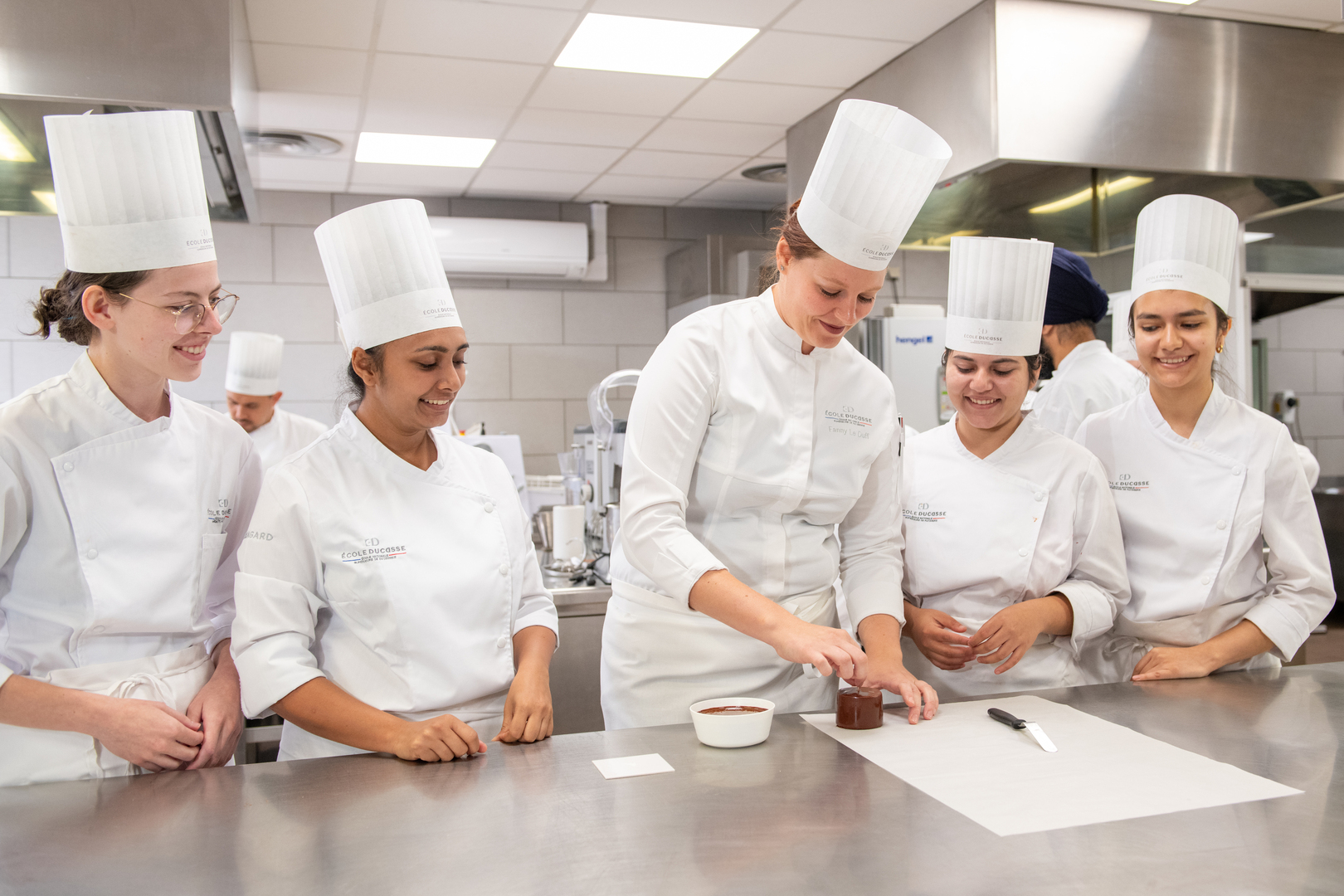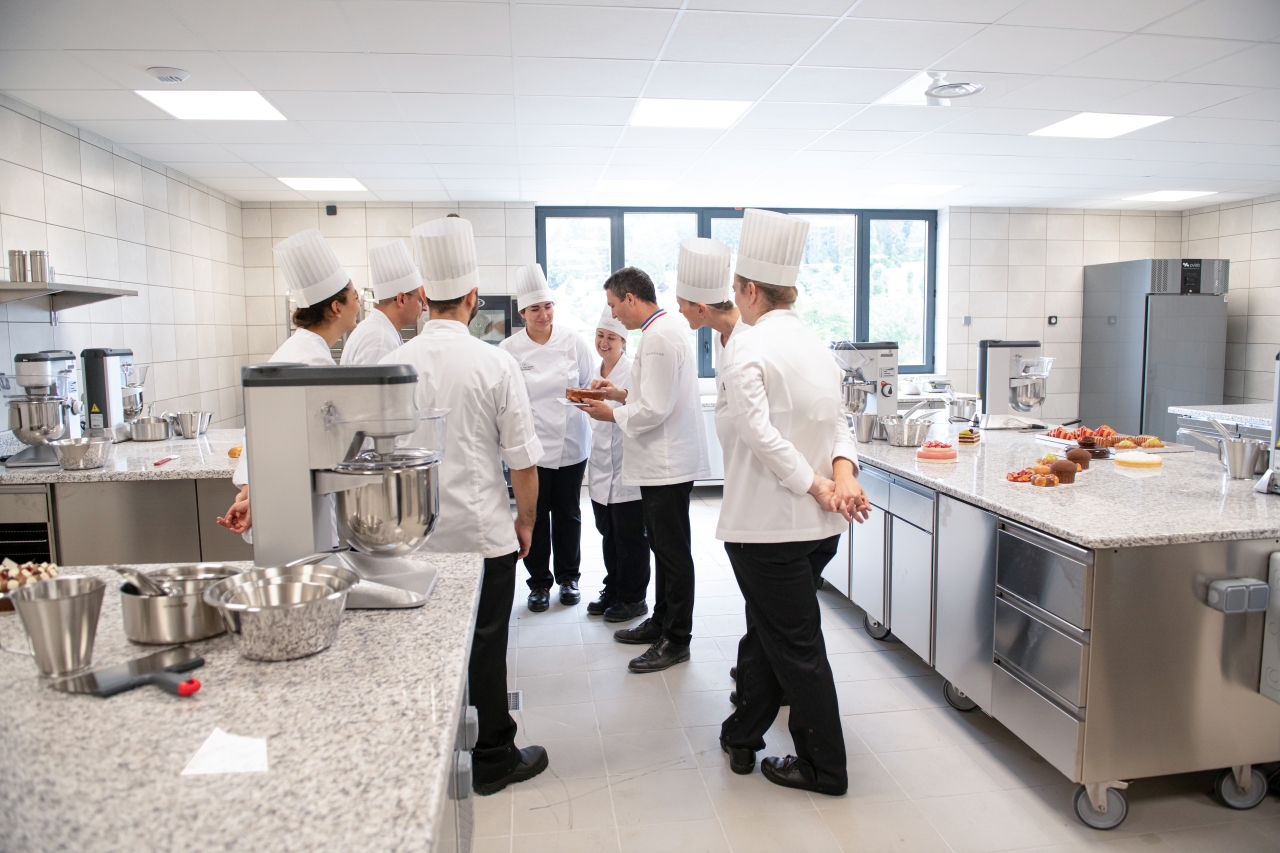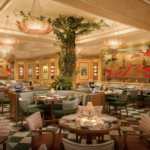Gastronomy has always been a living art. Driven by intuition, technique, and transmission, it evolves alongside our societies and innovations. Today, and for some years now, a silent revolution has been underway: the digital revolution.
Artificial intelligence (AI), 3D printing, culinary design tools – these technologies, far from distancing the chef from their craft, can in fact enrich their creativity.
This is where the concept of the “augmented chef” comes in: a professional who bridges hand and machine, instinct and data.
A new artisan for the digital age
The integration of technology in professional kitchens goes well beyond connected ovens or management software. It now reaches the very heart of the creative process.
AI can suggest unique ingredient pairings or model a dish’s sensory impact. Food 3D printing opens the door to designs with unmatched precision and structure. Augmented reality makes it possible to visualise a dish before it even exists.
These technologies do not replace the chef’s touch – they extend it. They provide new playgrounds for culinary expression, without ever dismissing the importance of intention, culture, or identity.

Training tomorrow’s chefs to master these tools
This is the vision behind the training offered by École Ducasse. Whether on our Paris campuses, at the ENSP, or within our international network, we integrate cutting-edge technologies into our programs, always aligned with industry needs.
Our students do not just study theory – they engage directly with the tools shaping the future of cuisine. For example, our modules on AI applied to foodservice let them explore real-world cases such as:
- optimising recipes based on nutritional needs or customer preferences.
- smart stock management.
- AI-assisted menu creation based on trends or technical constraints.
We also offer workshops on food 3D printing, led by expert chefs like Fabio Giambrone and Jérémy Delteil, where students create edible artistic pieces that combine precision, aesthetics, and texture control. These technologies are not treated as gimmicks, but as tools in service of a culinary vision.
Projects involving culinary design, digital modeling, and augmented reality round out the approach, enabling students to create dishes with high experiential value that resonate with today’s diners.

A new educational responsibility
The digital revolution in the kitchen is not a threat – it is an invitation. An invitation to redefine the chef’s role, not just as an executor or creator, but as a strategist, communicator, and innovator.
This is why it’s vital for schools to embrace this transformation and prepare talent to think differently.
At École Ducasse, we believe that technology only has value when it serves purpose, sharing, and excellence. That is our commitment to training tomorrow’s augmented chefs: those who master both technique and technology, and who will continue to elevate French gastronomy in an ever-changing world.
Luc Debove is Director of the École Nationale Supérieure de Pâtisserie (ENSP), Meilleur Ouvrier de France, and World Ice Cream Champion.





